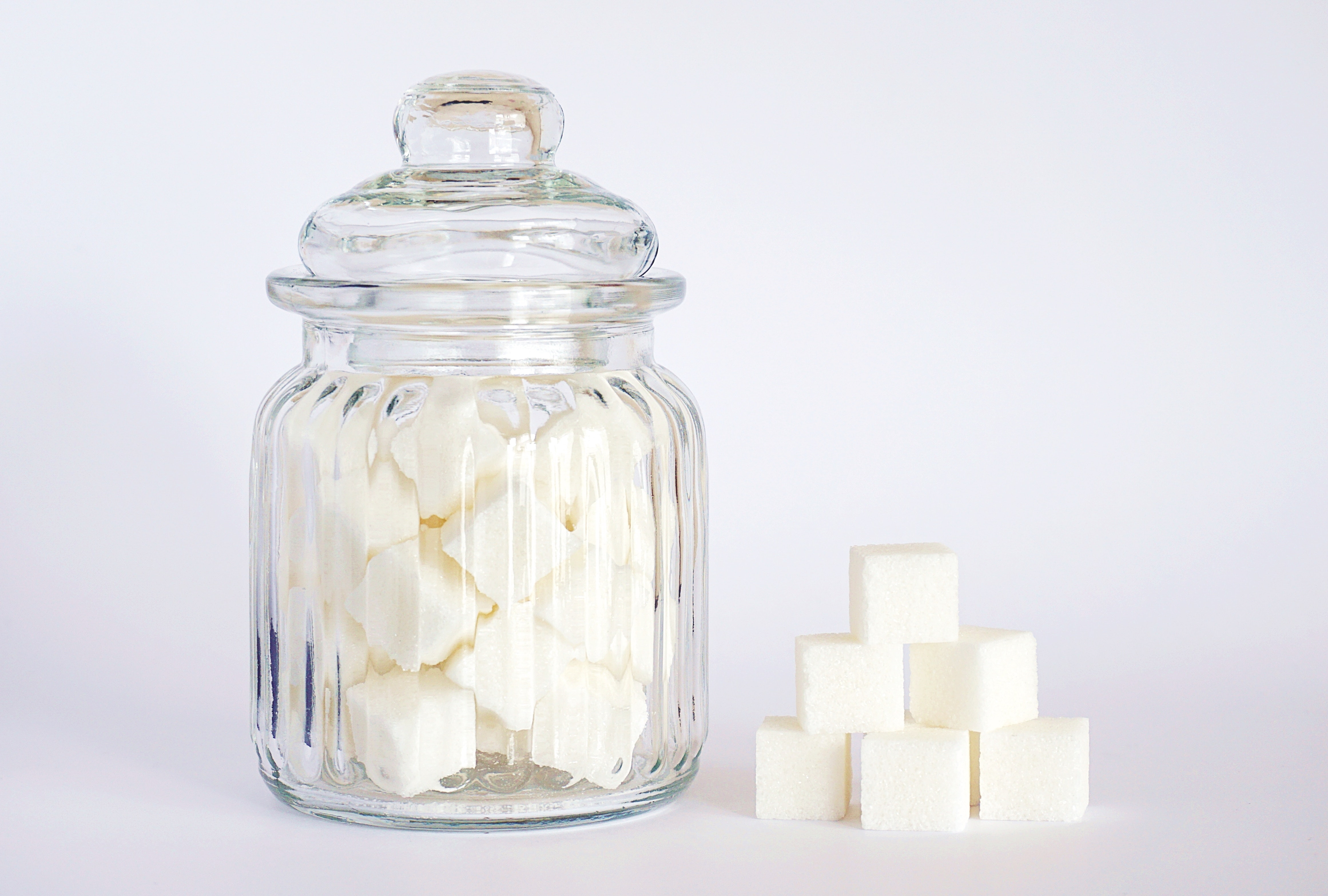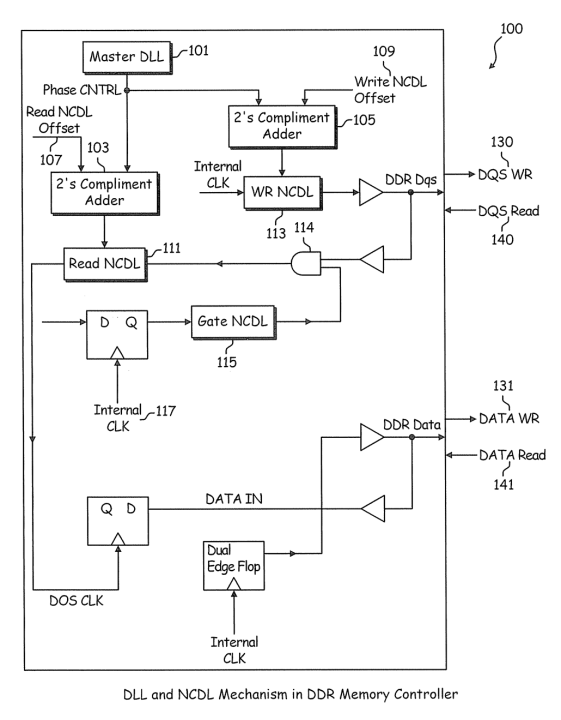Demand Growth Fuels Changes in Sugar-free Alternatives
In May, the Supreme Court adjudicated on the case of TC Heartland v. Kraft, a case that had wide implications in the world of IP litigation because of its focus on forum-shopping. Yet, the case really stemmed from a lawsuit in which Kraft claimed that TC Heartland had infringed on its patented Mio flavored drink mix. Mio is a sweetener blend that added flavor to water without adding sugar. Beyond the legal ramifications of the Supreme Court’s ruling, this case is an example of the high priority food companies are putting on their sweetener patents. Sugar and corn syrup-sweetened foods are beginning to fall out of favor domestically as consumers search for sugar-free alternatives. In fact, food giant Nestlé just announced that it intends to sell its US confectionery unit due to diminishing sales. The sugar-free trend has never been more popular, and food companies are investing in the formulation of new sugar substitutes to satisfy the market.
Current State of the Sugar Substitutes Market
Sugar’s negative health effects have been the subject of many medical studies in the past few years. While fat was blamed for weight gain and obesity-related illnesses in the 20th century, sugar has now come into focus as the main culprit of America’s poor nutrition. Sugar’s relationship to cardiovascular disease and diabetes, two of America’s most widespread illnesses, has been uncovered further in the last five years. The vilification of sugar, however, has not stopped the popularity of sweetened foods and beverages. Because sugar is now seen as a major contributor to ill health, food companies are motivated to invest in sugar substitutes to satisfy the public’s sweet tooth.
Patent Trends of the Sugar Substitutes Market
Patent grants for sugar-substitutes have substantially increased in the last ten years. While in 2007, 264 sweetener patents were granted, 2016 saw 585 sweetener patents granted worldwide. In the first half of 2017 alone, there were 165 patents granted for sweeteners and other sugar substitutes. Stevia is marketed as a natural sweetener because it is derived from the leaf of the Stevia rebaudiana plant. It has been a focus of much innovation in 2017. Patents entitled “Stevia Sweetener with Improved Solubility with a Cyclodextrin” and “Steviol Glycoside Compositions for Oral Ingestion or Use” have been granted this year, just two of many patents involving stevia as a main component. Food and beverage companies trying to monetize IP are increasingly looking to develop patents for sugar substitutes and sweeteners in order to avoid the pitfalls of being associated with sugar while at the same time preserving sweetness in their products.

International IP Landscape Trends
On a global scale, sugar substitutes and sweeteners are not just increasing in popularity in the US. China leads the international IP market in patents granted for sweeteners (6.6 thousand), with the US coming in second (2.7 thousand). Japan is another leading country in the race to replace sugar, holding almost two thousand patents. The food and beverage industry is unwilling to compromise on sweetness in their products, but want to distance themselves from the stigma that sugar now carries. Investing in sugar substitutes and sweetener innovations allow them to do this. Stevia is here to stay, and it appears that the popularity of sugar substitutes will only continue to grow.





